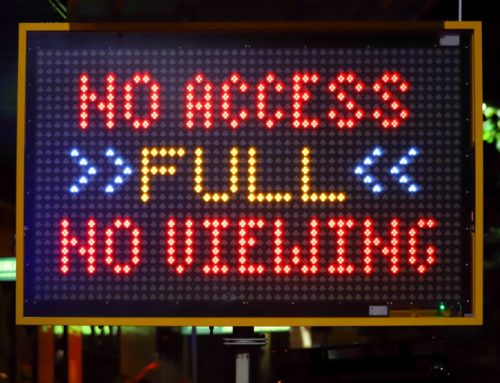Let’s look at another common collaboration problem for communications staff: You can’t get the information you need from the right people to do your job well.
We’ll tackle this situation using our Four Steps to Work Through Collaboration Problems.
Name the Problem
Naming the problem helps you depersonalize it.
If people are missing meetings with you, or not responding to your requests, that prevents you from doing your job. But instead of talking about the problem in these terms, I suggest you discuss communications decisionmaking and delegation instead.
Help Others See the Problem
With the framing shifted away from busy people missing your meeting to decisionmaking and delegation, you can now ask: What do you trust me with as part of my job responsibilities and where do you or someone else need to be involved?
If you can have an honest conversation about communications roles and responsibilities, you can make a lot of headway. But you have to be willing to confront both your own fears (“Do I know enough?”) and their fears (“Will she get it right?”) too. And that’s where simple rules can help.
Design Simple Rules
Simple rules are frameworks that help you make decisions faster and work more efficiently.
If you are having trouble getting info once a task has been assigned, perhaps you should get that information BEFORE assignments are made, by using some version of a creative brief.
Or perhaps this is more about meeting culture. Are they avoiding meetings because they don’t have an agenda or will take too long?
Or is information being shared in meetings that you aren’t in? Do you need to look at attending those meetings or getting better reports out from those who are in attendance?
Set Personal Boundaries
Boundaries are made up of Yes and No. Boundaries are absolutely essential for communications directors who want to be of service to their organizations without becoming servants to their coworkers.
If coworkers won’t cooperative, you have a decision to make. Do you go ahead and do the best you can without them? Do you remove those tasks in favor of others on your to-do list (there are always others!). Much of this comes down to your own level of tolerance for risk. When will you leap on your own and when won’t you?
If you have additional advice for dealing with this situation, please share in the comments!






